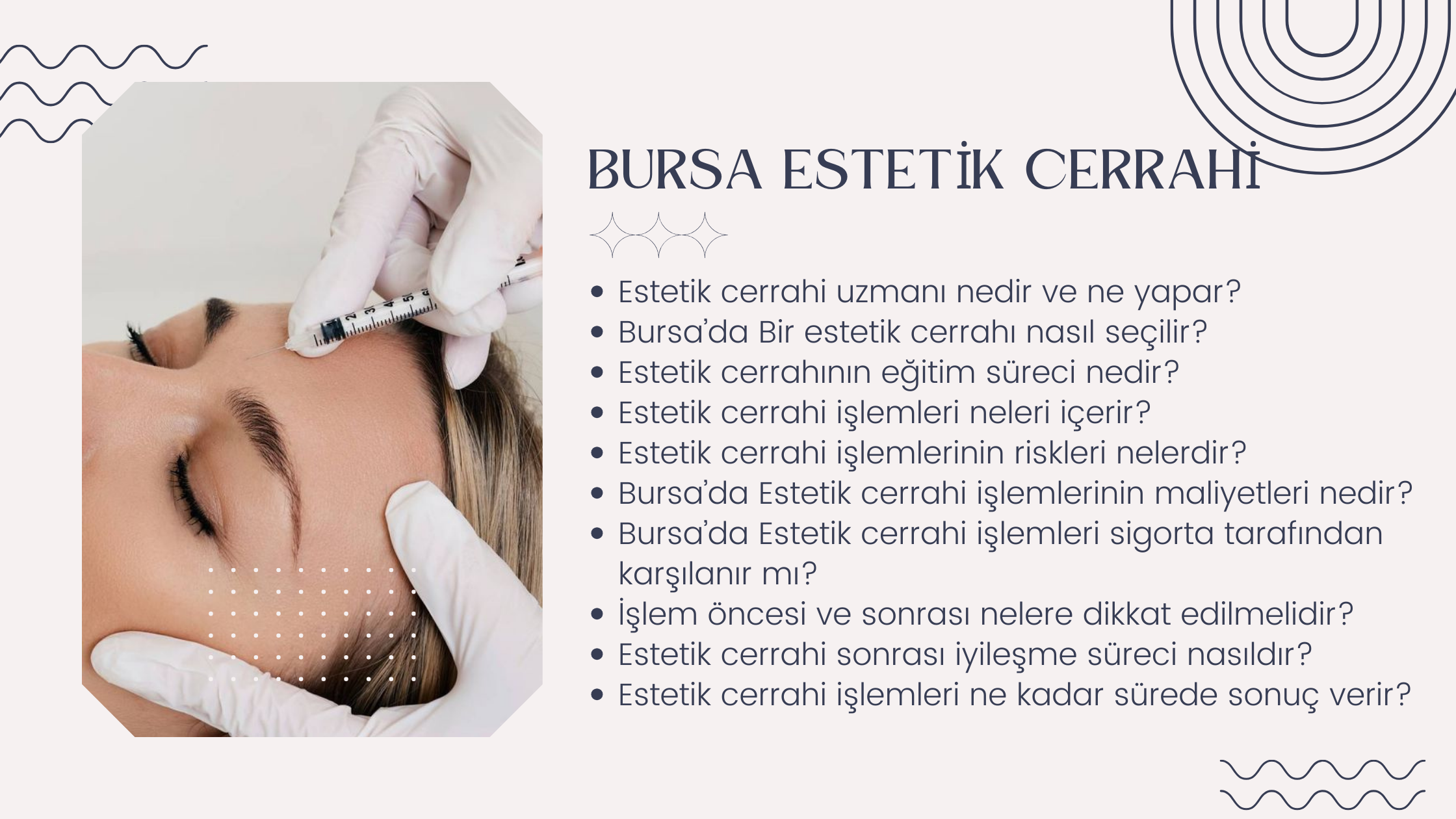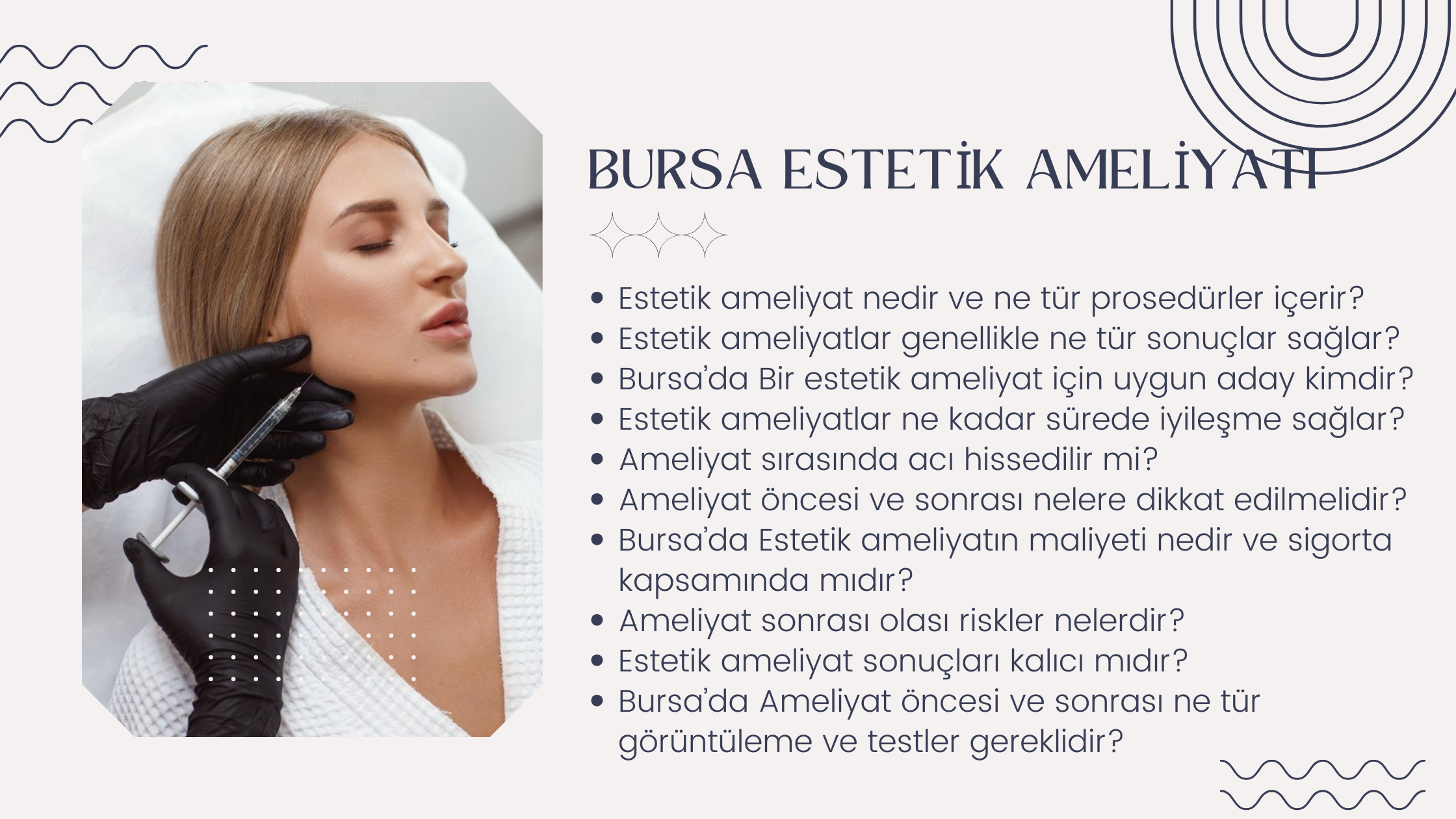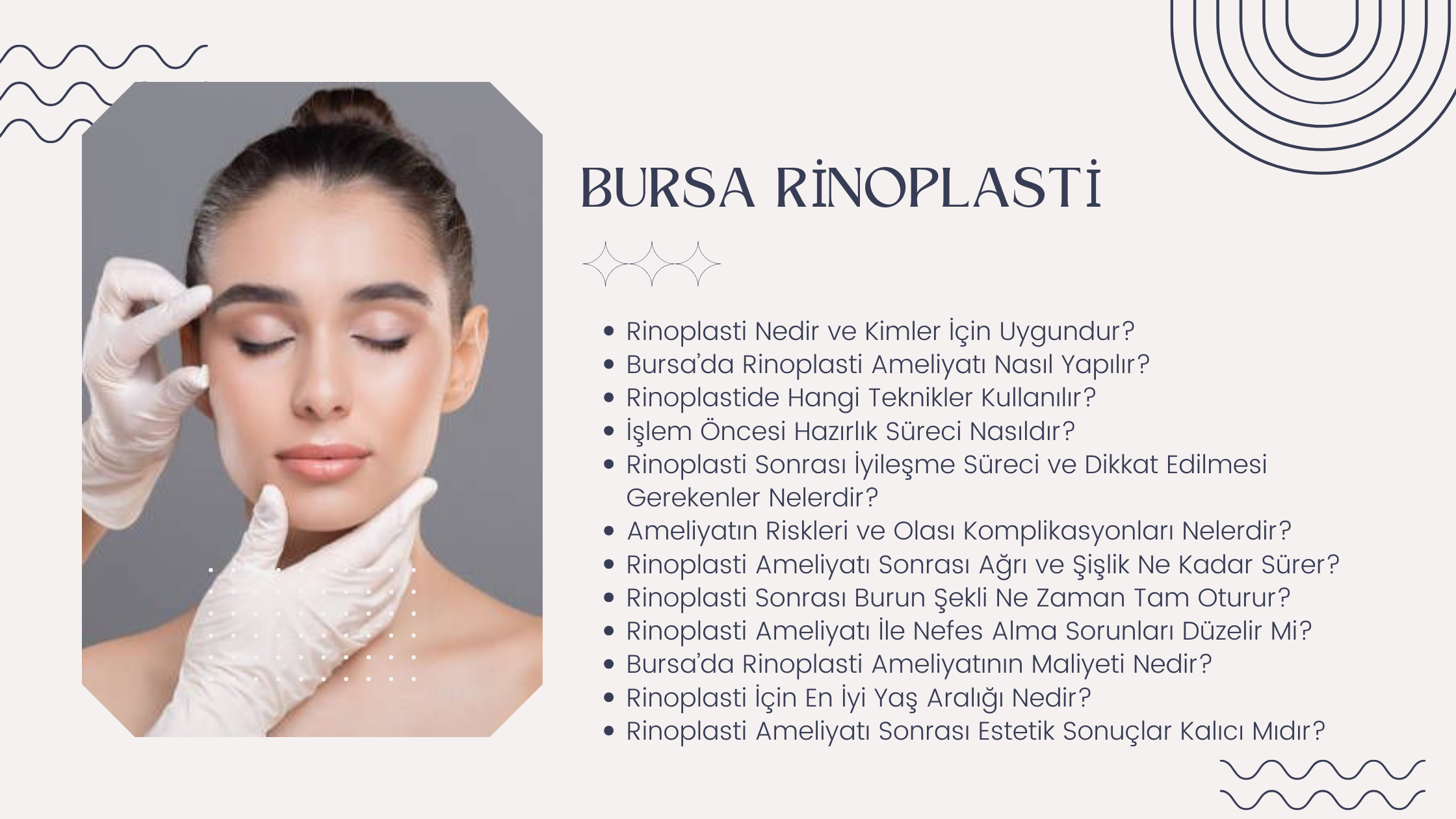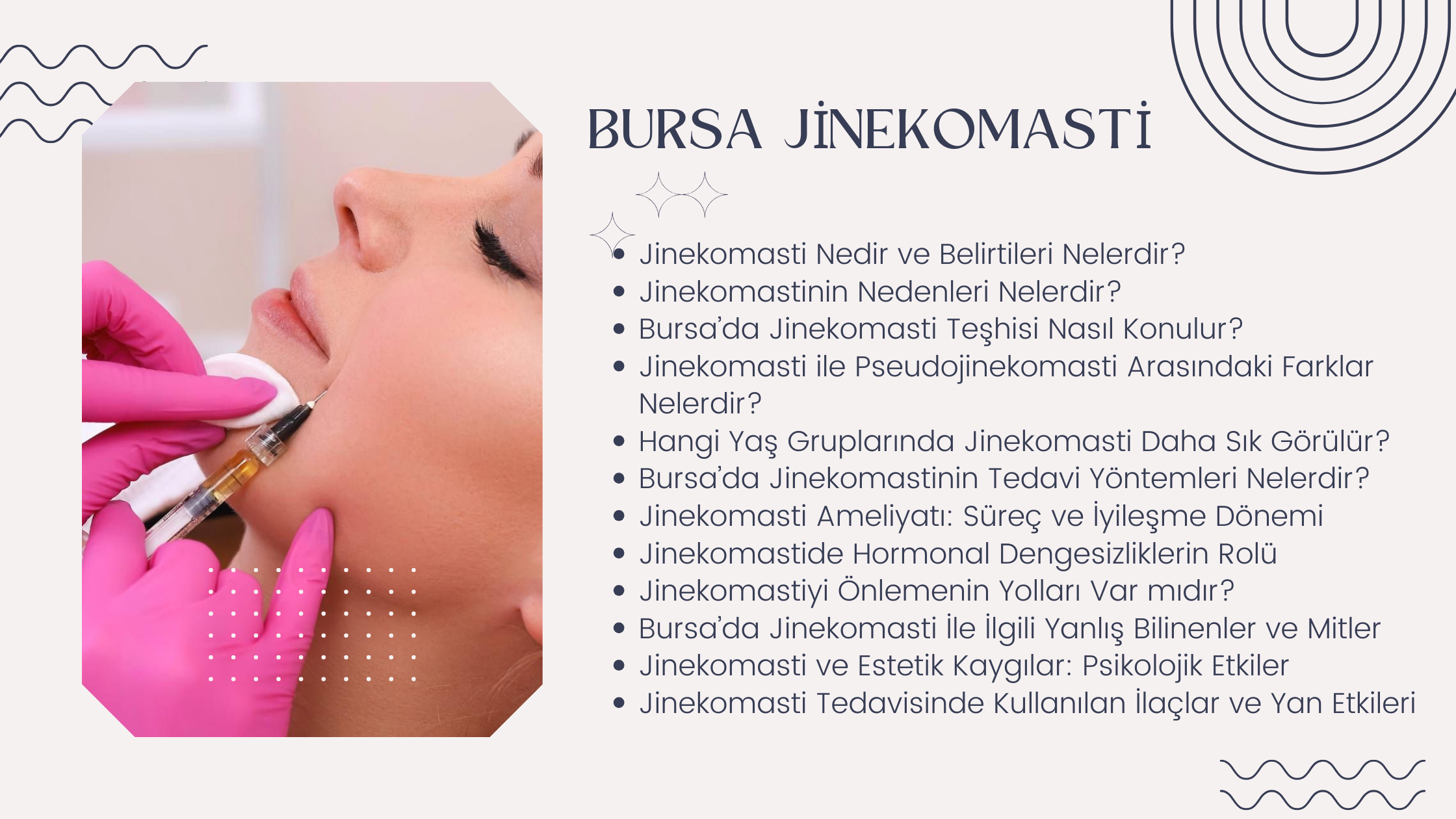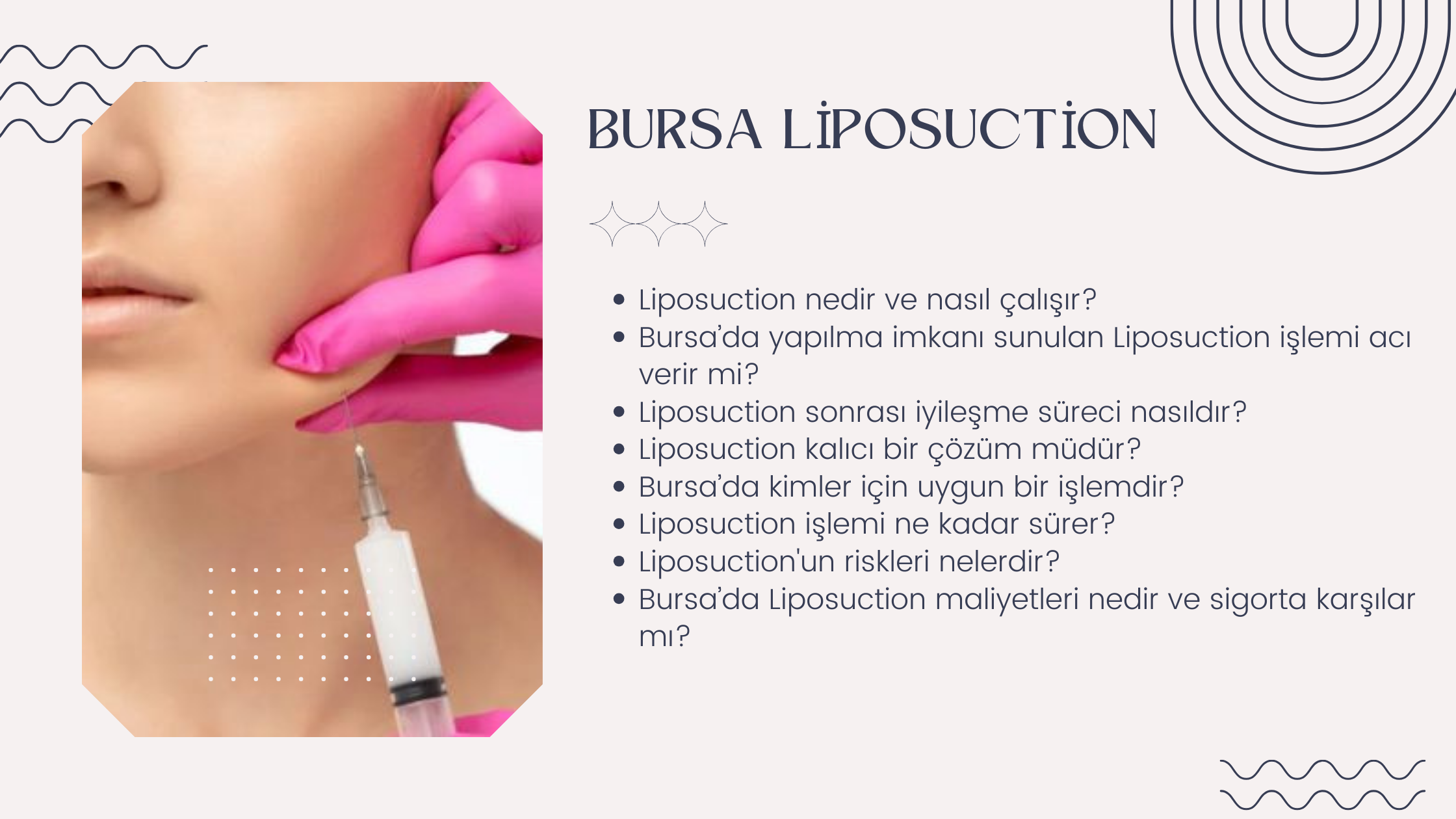Hello,
How Can We Help You?
Contact Form
Fill in the form and we will contact you as quickly as possible.
Contact us on Whatsapp
Scan with your camera app or click the QR code to start a conversation.
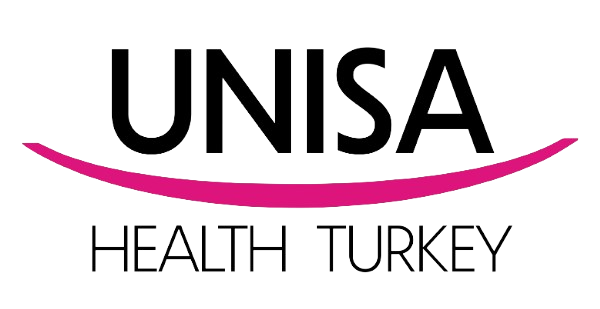
Contents
Brazilian Butt Lift (BBL) in Bursa
Brazilian Butt Lift (BBL) is a surgical procedure used in buttock aesthetics. This method aims to increase the volume and improve the shape of the buttocks by injecting fat taken from the patient's own body into the buttock area. The procedure usually consists of three main steps:
First, fat is taken from designated areas using liposuction. This fat can be taken from areas like the abdomen, waist, or thighs. Then, this fat is processed and prepared through special procedures. Finally, the cleaned fat is injected into the buttock area. Injections are strategically placed at different points of the buttocks to achieve a fuller and more aesthetic appearance.
The advantages of BBL include natural results, improvement in body shape, and the long-term permanence of results. However, like any surgical intervention, the BBL procedure also carries potential risks. These risks include infection, bleeding, and fat embolism. It is important to carefully follow your surgeon's instructions before and after the surgery.
What are Butt Implants
Butt implants are a method used for buttock aesthetics. In this procedure, implants are placed in the buttock area to increase volume and achieve a fuller appearance. The implants are usually made of silicone or similar materials and are placed under the buttock tissue through surgery.
The butt implant operation generally includes the following steps:
Patient Evaluation: During your consultation and evaluation with your surgeon, your desires and medical history are assessed. A physical examination is conducted to determine if butt implants are suitable for you. Surgery Planning: Before the surgery, the size, shape, and location of the implant are determined. These decisions are made based on personal preferences as well as your body structure and aesthetic goals. Surgery: The operation is usually performed under general anesthesia. The surgeon places the implants under the buttock tissue through a predetermined incision. The implants are strategically positioned to improve the shape and volume of the buttocks as desired. Recovery Process: The first few days after surgery, the patient may be kept under observation in the hospital or clinic. Swelling, bruising, and discomfort are normal in the postoperative period. Following your surgeon’s recommended instructions is important to speed up the recovery process. The advantages of butt implants include quick results, permanent volume increase, and minimal scarring after the operation. However, it is important to evaluate potential risks (such as infection, implant displacement) and long-term results related to implant placement. Therefore, individuals considering butt implants should be thoroughly informed before surgery and carefully follow their surgeon's instructions.
What is Fat Injection (Fat Transfer)
Fat injection or fat transfer is a frequently used technique for buttock aesthetics. In this method, fat tissue taken from the patient's own body, usually from the abdomen, waist, or thigh, is extracted through liposuction. The harvested fat tissue is processed and then injected into the buttock area.
Reasons for preferring fat injection in buttock aesthetics include providing a natural look and offering long-lasting results. Because the person's own fat is used, it is generally well tolerated by the body and can remain for a long term. This method also offers an additional advantage in improving body shape by removing fat tissue through liposuction.
Before the surgery, a detailed plan is made by the surgeon based on the patient's body structure and aesthetic goals. During the surgery, the amount of fat to be injected, its distribution, and the shaping of the buttocks to achieve the desired outcome are strategically determined. The surgeon works meticulously to ensure symmetry in the injections and to obtain a natural appearance.
The recovery process after surgery can typically last a few weeks, during which the patient may experience swelling, bruising, and discomfort in the buttock area. Following your surgeon's recommendations is important to speed up the recovery process and minimize unwanted results.
However, the fat injection method also carries some risks. These include infection, the fat cells not surviving, and in rare cases, fat embolism. Therefore, a detailed evaluation should be made before surgery, and careful follow-up should be ensured after surgery.
In conclusion, fat injection can be an effective option for buttock aesthetics, but it is important to have a detailed consultation with an expert surgeon to determine if it is suitable for each patient.
Butt Lift in Bursa
A butt lift surgery is a surgical procedure to correct sagging or irregularities in the buttock area. This surgery is usually preferred to correct looseness in the skin and tissue of the buttocks caused by aging, genetic factors, or sudden weight changes. There are two main methods:
Traditional Butt Lift: In this method, the buttock skin and underlying tissues are reshaped. Excess skin can be surgically removed, and the buttocks can be lifted to achieve a more aesthetic appearance. Gluteal (Buttock) Enhancement: In this technique, the volume of the buttocks can be increased and the shape improved by transferring fat or injecting fillers into the buttock area. Butt Lift Surgery Steps Patient Evaluation and Planning
Before the surgery, your desires are assessed through a detailed consultation and physical examination with your surgeon. How the surgery will be performed, which techniques will be used, and your expectations are determined.
Surgery Process
Anesthesia: It is usually performed under general anesthesia, so the patient sleeps during the surgery and does not feel any pain or discomfort. Incisions: Surgical incisions are made in the determined areas. These incisions are usually hidden in the buttock folds or under the bikini line. Surgical Procedure: The buttock skin is lifted, the underlying tissues are reshaped, and excess skin is removed if necessary. Stitches and Recovery: After the surgery, stitches are applied, and the buttock area is bandaged. It is important to carefully follow your surgeon's recommendations during the recovery process. Advantages and Disadvantages
Advantages:
Disadvantages:
Butt lift surgery is a suitable option for individuals with aesthetic concerns in the buttock area and a healthy body structure. However, it is important to conduct a detailed evaluation before surgery and make a decision by considering your surgeon's recommendations.
Butt Shaping and Fillers
Butt shaping and filler methods refer to various techniques popular in buttock aesthetics. These techniques are usually used to increase the volume of the buttock area, improve its shape, or tighten it.
Fat Transfer or Fat Injection
In this method, fat taken from the patient's own body is processed and injected into the buttock area. This method provides natural fullness to the buttocks while also offering slimming benefits by removing fat from other body parts.
Butt Implants
Butt implants are applied by placing specially designed implants made of silicone or similar materials in the buttock area. These implants significantly improve the shape and volume of the buttocks, providing an aesthetic appearance.
Butt Lifts or Threads
In these methods, specially designed lifts or threads are placed into the buttock tissue and used to lift the buttock area by tightening it.
Butt Fillers
Butt fillers provide temporary fullness by injecting fillers made of hyaluronic acid or similar substances into the buttock area. This method is a less invasive option and improves the shape of the buttocks by filling unwanted gaps.
Each method has its advantages and disadvantages. It is important to have a detailed consultation with your surgeon to determine which method is appropriate and create a treatment plan suitable for you.
Pre-Surgery Preparation in Bursa
Doctor Consultation and Evaluation
Have a detailed consultation with your surgeon to discuss the details of the surgery, your expectations, and possible risks. Your surgeon will evaluate your medical history to determine if the surgery is suitable for you.
Health Condition Evaluation
Preoperative health checks such as blood tests and ECGs may be conducted. In some cases, patients who smoke may be asked to quit smoking before surgery.
Medications and Nutrition
Discuss your current medications and supplements with your surgeon to adjust them if necessary. Blood-thinning medications are usually restricted in the preoperative period.
Pre-Surgery Instructions
Follow the specific instructions given by your surgeon. These may include the types of food and drink that can be consumed before surgery and restrictions on smoking and alcohol consumption until the day of surgery.
Post-Surgery Planning
Make preparations to facilitate the post-surgery recovery process. If you have work, take leave, complete arrangements at home, and ensure that you have a support person with you.
Psychological Preparation
It is normal to have concerns before a surgical procedure. To ease this process, you may seek psychological support or ask your surgeon any questions you may have.
Surgery Day Preparation
Follow your surgeon’s instructions precisely on the day of surgery. Arrive at the hospital at the requested time and have your final preoperative checks done.
The pre-surgery preparation process is crucial for both the success of the surgery and the patient's health. It is essential to carefully follow your surgeon's recommendations and timely share any concerns or questions you may have to ensure a safer and more successful pre-surgery process.
Post-Surgery Care and Recovery
Hospital Observation Period
The first few days after surgery, you are usually kept under observation in the hospital or clinic. This period is important for monitoring your overall health condition and the initial healing process.
Early Recovery Period
Swelling, bruising, and discomfort are common in the early days after surgery. It is crucial to follow your surgeon’s instructions during this period and limit physical activities. Proper rest and care contribute to a faster and healthier recovery process.
Medication Use
It is important to use the medications prescribed by your surgeon regularly. These medications usually include painkillers and antibiotics to prevent infection.
Bandages and Garments
After surgery, bandages and special garments are applied to the buttock area to reduce swelling and support healing. Following your surgeon's instructions on the use and care of these garments is important.
Activity Restrictions
For a certain period after surgery, physical activities should be restricted. Avoid activities that require excessive physical effort, such as heavy lifting, strenuous exercises, and long walks. It is important to follow your surgeon's recommendations during this period.
Follow-Up Appointments
Regular follow-up appointments are necessary to monitor the healing process and evaluate the results. During these appointments, your surgeon will check the healing of your surgical incisions and overall health.
Potential Complications
During the recovery process, you should be alert to potential complications and risks. These include signs of infection, bleeding, abnormal swelling, and pain. Contact your surgeon immediately if you encounter any of these issues.
Long-Term Care
In the long term, following a healthy lifestyle, balanced diet, and regular exercise is important to maintain the results of the surgery. Additionally, using skin care products and sun protection may contribute to maintaining the quality and appearance of the buttock skin.
In conclusion, the post-surgery care and recovery process is crucial for the success of the surgery and your health. Following your surgeon's instructions and taking the necessary steps for the recovery process contribute to achieving the best results.
Post-Procedure Complications and Risks
Infection and Inflammation
Infection is one of the potential risks after surgery. Signs of infection include redness, swelling, fever, and increased pain. In case of any signs of infection, contact your surgeon immediately.
Bleeding and Hematoma Formation
After surgery, some bleeding and bruising are normal. However, excessive bleeding or hematoma formation may require medical intervention. Therefore, it is important to monitor the surgical area and follow your surgeon's instructions.
Scarring
Surgical incisions may leave permanent scars on the skin. However, these scars usually become less noticeable over time and heal. Using proper skin care products and following your surgeon's instructions may help minimize scars.
Anesthesia Complications
Anesthesia is used during surgery and usually does not cause any issues. However, some people may experience nausea, dizziness, or other side effects after anesthesia. These conditions usually improve over time.
Fat Embolism and Related Risks
Fat embolism is a rare but serious risk that can occur when fat cells enter the bloodstream. This can cause respiratory problems and other severe complications. It is important to be aware of the symptoms of fat embolism and contact your surgeon immediately if you notice any unusual signs.
Asymmetry and Shape Issues
Achieving the desired shape after surgery may sometimes be difficult, and asymmetry or shape problems may occur. Regular follow-up appointments with your surgeon are important for evaluating the results and addressing any issues.
Allergic Reactions
In rare cases, an allergic reaction to anesthesia or other medications may occur during or after surgery. It is important to discuss any known allergies with your surgeon before surgery.
General Health Risks
In addition to the specific risks of surgery, general health risks should also be considered. Factors such as overall health condition, lifestyle, and following pre-and post-surgery instructions affect the success and safety of the surgery.
Expected Results and Permanence
Expected Results
The results of buttock aesthetics usually begin to appear in the first few weeks after surgery. Swelling and bruising will gradually decrease, revealing the shape and fullness of the buttocks. The results may vary from person to person, and full recovery can take several months.
Longevity of Results
The longevity of the results depends on the surgical technique and the patient's lifestyle. For example, fat injection provides natural and long-lasting results, while butt implants require more maintenance. Following your surgeon's recommendations and maintaining a healthy lifestyle are important for preserving the results of the surgery.
Regular Follow-Up
After surgery, regular follow-up appointments with your surgeon are important to evaluate the results and monitor any potential issues. During these appointments, your surgeon will check the healing process and overall health.
Healthy Lifestyle and Care
Following a healthy lifestyle is important for the longevity of the surgery results. Eating a balanced diet, exercising regularly, and using proper skin care products contribute to maintaining the quality and appearance of the buttock area.
Psychological and Social Effects
The psychological and social effects of buttock aesthetics can also be significant. Feeling more confident and better about your appearance after surgery can positively impact your overall well-being.
In conclusion, the expected results and permanence of buttock aesthetics depend on the surgical technique, the patient's lifestyle, and postoperative care. It is important to have realistic expectations, follow your surgeon's recommendations, and maintain a healthy lifestyle.
Lorem ipsum dolor sit amet consectetur adipisicing elit. Mollitia accusantium, quod quasi iusto soluta sed.
Treatments are carried out in contracted healthcare institutions that hold a Health Tourism Authorization Certificate.
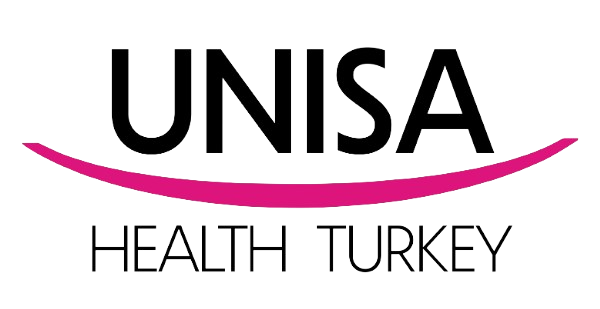
Unisa Health Turkey aims to grow in the light of science and knowledge by developing with its friendly team that adopts ethical values based on the satisfaction and health of patients and their relatives with quality accommodation and transportation services in the health tourism sector, which it leads as a vision.
+90 (224) 222 0 221 +90 532 727 36 99 24/7 ContactUlu Mh. Esen Sk. Nilsaş İş Hanı Sitesi No:1/B | Osmangazi / BURSA-TURKEY
+90 532 727 36 99 24/7 Contact
Monday - Friday (09:30 - 19:00)
Saturday (10:00 - 19:00)
In order for Unisa Health Turkey to carry out the services we will provide to you, we may need to learn your personal information and health data and record and store them within the limits required by the service to be provided.
The health data we are required to record in order to provide health services to you are legally considered special categories of personal data. In this context, according to Article 6, Paragraph 2 of the Personal Data Protection Law No. 6698, "Processing of special categories of personal data without explicit consent of the data subject is prohibited," personal health data can only be recorded with the explicit written consent of the individual, except in special cases specified by law. Therefore, it has become necessary to obtain this explicit consent from you.
This text covers the personal data you provide to us verbally, in writing, visually, or electronically during your visit to our clinic, as well as the personal data you submit to us via internet and mobile applications or electronically, or that are obtained in our clinic (test results, prescriptions, photos, etc.). In this context, the personal health data necessary for the execution of the services we will provide to you, including your name, surname, Turkish ID number (or your passport number or temporary Turkish ID number if you are not a Turkish citizen), place and date of birth, marital status, gender information, identity data, various identification documents, address, phone number, email address, financial data such as your bank account number and IBAN number, medical history in your clinical file, information showing your disease history, examination data, data regarding the procedures performed on you, prescription information, your photos, all kinds of images, audio/video recordings, laboratory and imaging results, test results, health and sexual life data obtained during the execution of medical diagnosis, treatment, and care services, data related to private health insurance, and Social Security Institution data are considered personal data.
Your personal data included in the aforementioned data categories will be processed for the purposes of “Conducting Emergency Management Processes, Conducting Activities in Compliance with Legislation, Conducting Finance and Accounting Affairs, Ensuring Physical Space Security, Conducting Legal Affairs, Conducting Communication Activities, Conducting Business Activities / Audits, Conducting Occupational Health / Safety Activities, Conducting After-Sales Support Services for Goods / Services, Conducting Sales Processes for Goods / Services, Conducting Production and Operation Processes for Goods / Services, Conducting Customer Relationship Management Processes, Conducting Activities for Customer Satisfaction, Organization and Event Management, Conducting Storage and Archive Activities, Conducting Contract Processes, Follow-up of Requests / Complaints, Providing Information to Authorized Persons, Institutions, and Organizations, Creating and Tracking Visitor Records.”
These personal data will be recorded within the scope of the Personal Data Protection Law No. 6698 and relevant legislation only to the extent required by the health service to be provided to you and will be stored in our system/archive for a period not exceeding the general statute of limitations of 10 years ‘as long as necessary for the purposes of recording’. Your data processed in this context will be protected as professional secrets, confidentiality will be ensured, and will only be shared with the Ministry of Health (Examination Information Management System), Ministry of Finance, Ministry of Justice, and other government institutions and organizations in accordance with existing laws and regulations, and only to the extent of the requested data when officially requested. Additionally, if your treatment is to be carried out in a hospital, your personal data will be shared with the relevant hospital. They will not be shared with other third parties/institutions/organizations.
However, in cases where the confidentiality of personal medical records must be limited to protect public health, such as the obligation to report infectious diseases to the competent authorities as regulated in Article 58 of the Public Health Law No. 1593, or in cases of legal obligations such as the obligation to report crimes, we remind you that personal medical records may need to be notified to the competent authorities in a limited and proportionate manner for the purpose.
During the course of your diagnosis and treatment, all audio and video recordings, photos, and laboratory information recorded by us may be used anonymously in scientific meetings, scientific publications, patient information, interviews, and correspondence, provided your identity remains confidential.
(It has been informed that this right can be exercised by personally applying or in writing to our clinic located at Barbaros Mahallesi Ihlamur Bulvarı Sarkaç Sokak Ağaoğlu My Prestige Business Center No:1 Floor:2 Apartment:9-10, 34746 Ataşehir/Istanbul.)
By ticking the KVKK box in the communication form on our website or through our email address, you acknowledge that the communication you make is not encrypted and not entirely secure, that your personal information may be intercepted by unauthorized persons, and that you accept all the above-mentioned issues and cannot hold Unisa Health Turkey responsible for this.
I have read and understood the Personal Data Information and Express Consent Text prepared by Unisa Health Turkey,
I have been informed about the purposes, collection methods, and legal reasons for processing my personal data, my rights regarding the protection of my personal data, the obligatory cases for the transfer of my data, data security, and my application rights, which are detailed in the Personal Data Information and Express Consent Text,
I give my explicit consent to the recording, storage, and sharing of all my personal data, including my health data, by Unisa Health Turkey and its employees within the scope of the principles mentioned above,
I also give my explicit consent to the sharing of my data for consultation purposes with colleagues of my doctor or with product supplier companies in cases where the purchase of a special product for me is required,
In addition, I ACCEPT WITH MY EXPRESS CONSENT that Unisa Health Turkey may contact me via mobile devices, internet, or postal mail.
We use cookies to improve your experience on our site. You can manage your preferences in the settings.
Here you can customize your cookie preferences:
Contact Form
Fill in the form and we will contact you as quickly as possible.
Contact us on Whatsapp
Scan with your camera app or click the QR code to start a conversation.
